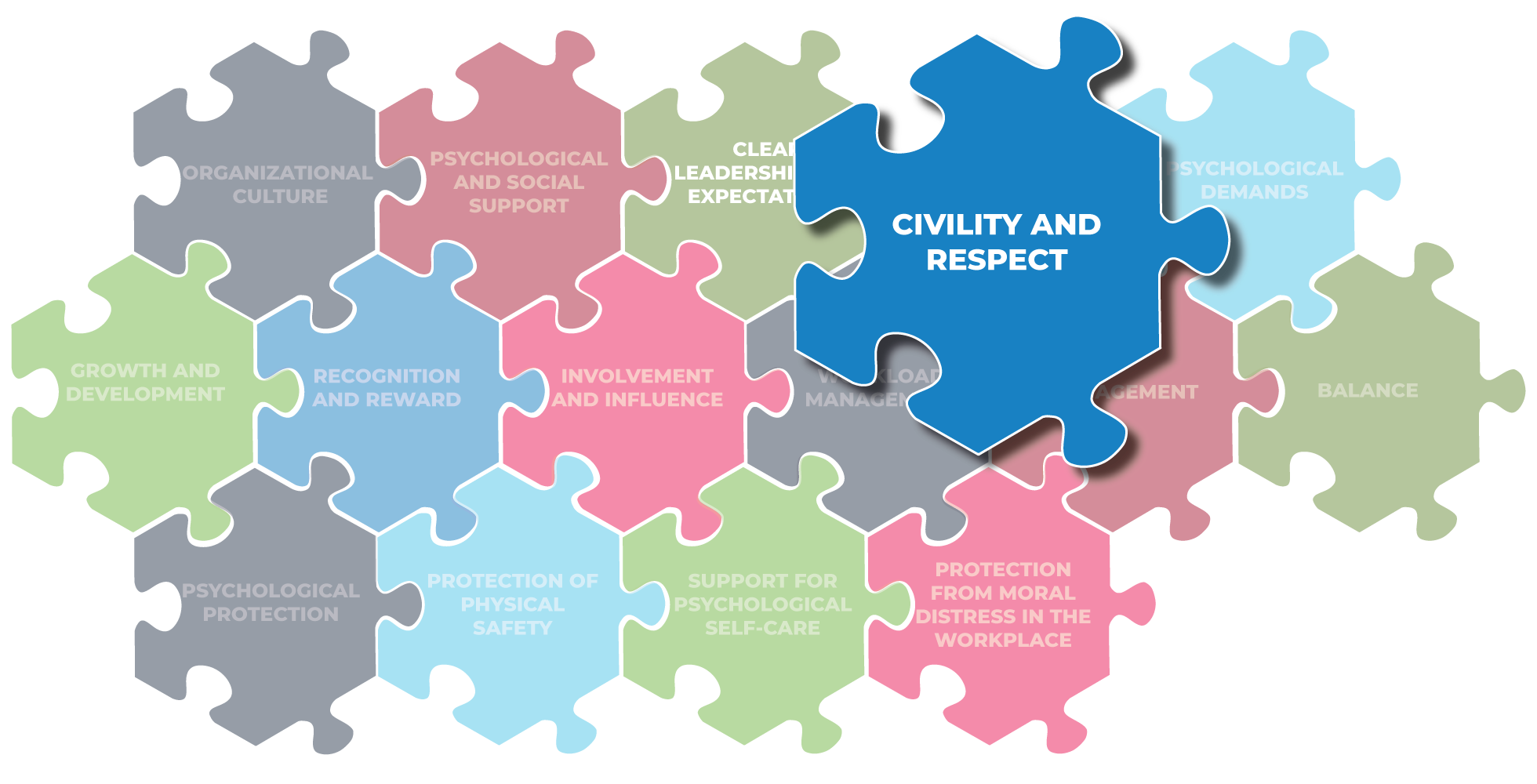The Importance of Respect and Civility:
- Enhanced job satisfaction: A civil and respectful workplace is linked to higher levels of job satisfaction.
- Perceptions of fairness: Such an environment fosters a sense of fairness among employees.
- Positive attitudes and morale: It contributes to positive attitudes and improved morale.
- Effective teamwork: Teams work better together in a respectful environment.
- Personal development and problem-solving engagement: Employees are more inclined towards personal development and actively resolve problems.
- Improved relationships: There is a notable enhancement in supervisor-staff relationships.
- Reduced absenteeism and turnover: Such a workplace experiences lower levels of sick leave and employee turnover.
Organizations characterized by these values create a positive atmosphere that boosts spirits and enhances work satisfaction. This environment is enjoyable for everyone, including staff, clients, and customers.
Consequences of a lack of civility and respect: In the absence of civility and respect, the workplace may experience:
- Emotional exhaustion among staff.
- Increased conflicts and job withdrawal.
- Higher risks of grievances and legal challenges.
The impact of workplace bullying: Disrespectful behaviour, like bullying, can have serious consequences, including:
- Psychological issues, depression, and burnout.
- Anxiety, aggression, and various health complaints.
- Negative effects on both direct victims and bystanders, including increased stress levels.
Many regions have enacted legislation to address such behaviours, underscoring the seriousness of this issue.











